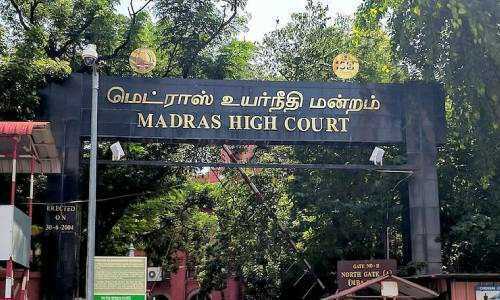
The Madras High Court in S. Narayanan v. The State of Tamil Nadu and Others has observed that rituals and observations prescribed under a religion that form an integral part of that religion are also covered under the freedom of religion enshrined under Article 25(1) of the Constitution. This right of worship guaranteed under the Constitution must be respected by all concerned and devotees cannot be denied their right of worship under any circumstances.
The Court categorically stated that “A religion may not only laid down a code of ethical rules for its followers to accept, but may also prescribe rituals and observations, ceremonies and modes of worship, which are regarded as an integral part of that religion. Therefore, the constitutional guarantee of freedom of religion enshrined in Article 25(1) extends even to rites and ceremonies associated with a religion.”
The Court in the exercise of the extraordinary jurisdiction under Article 226 of the Constitution of India, has the power to enforce the fundamental rights guaranteed under Articles 25 and 26 of the Constitution of India. The same has emanated from various legal precedents and one such precedent was relied upon by the High Court in the instant case.
In V. Srinivasachariar Vs.Thatha Desika Thathachariar and others, the Hon'ble Division Bench made a significant observation as follows:
“Tolerance and mutual respect are the hall marks of Hinduism and it is a pity that these two sects of Vaishnavites who profess to be the followers of great saints and savants are so intolerant against each other even in respect of small and unimportant rituals and ceremonies. We can only hope that the people belonging to these two sects would realise the futility of this kind of useless and wasteful litigation and stop their acrimonious fight.”
Therefore, the Court while passing interim orders upheld the right of worship guaranteed is under the Constitution and that is to be respected by all concerned and devotees cannot be denied their right of worship at any circumstances.

